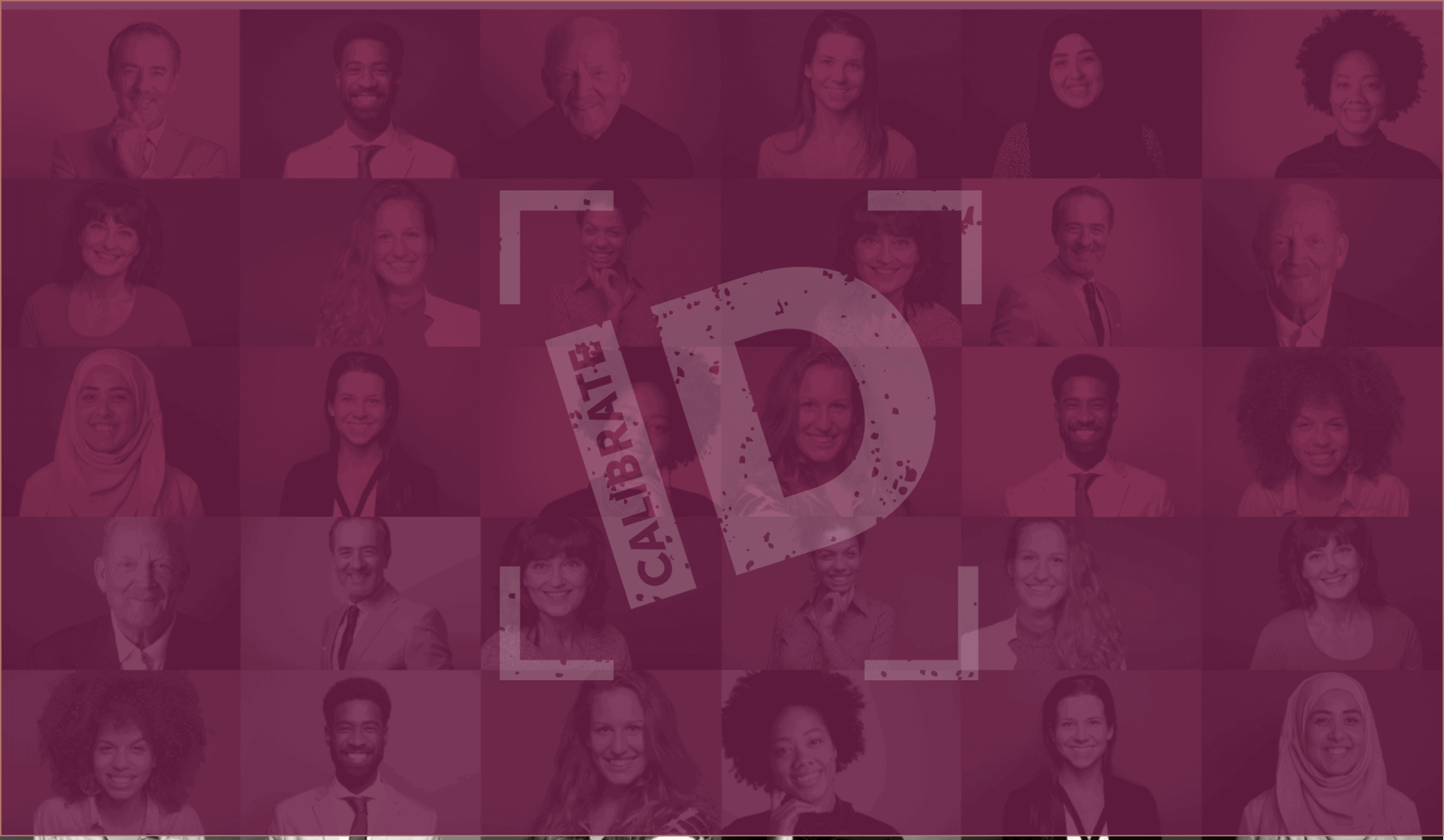 In a Law360 article, Calibrate founder and CEO Jennifer Johnson shared insights from a recent Calibrate research initiative revealing the growing trends in workforce diversity at law firms and importance of a universally inclusive work environment.
In a Law360 article, Calibrate founder and CEO Jennifer Johnson shared insights from a recent Calibrate research initiative revealing the growing trends in workforce diversity at law firms and importance of a universally inclusive work environment.
Successfully supporting an inclusive workforce brings positive outcomes. Similarly, a universally inclusive work environment bridges the vast divide between attorneys and business professionals. Studies show adapting a more inclusive workforce leads to:
- Teams that follow an inclusive process make decisions 2X faster with ½ the meetings – Forbes
- Inclusive companies get 2.3x more cash flow per employee – The Josh Bersin Company
- Inclusive teams outperform their peers by 80% in team-based assessments – Deloitte Australia
The Calibrate research collected data from nearly 2,000 business services professionals across eight major law firms.
Firstly, the data shows an increasing trend in diversity across all job functions from race and ethnicity to other EEOC categories, like gender and sexual orientation.
For the first time, there are five generations represented in the workforce. It is crucial to take a proactive posture to ensure your firm’s leadership understands what has shaped their views, their motivating factors, and their communication styles.
Furthermore, Johnson states that acknowledgment of the changing workforce demographics is imperative to having a more inclusive and successfully run law firm:
“Being inclusive is no longer a cultural “nice to have,” but rather a linchpin for business success.”
Additionally, research reflects that the inclusion component of DE&I is almost universally missing. One individual stated: “The height of irony is sitting through ’diversity & inclusion training’ with my fellow staff members then leaving the room to see attorneys entering for the same training.” An inclusive approach would be to offer the same training at different times to anyone interested in attending, regardless of job function.
Fostering a more universally inclusive, desirable work environment starts by benchmarking its business services professionals’ diversity demographics, sense of inclusivity and belonging to set future state goals.
“Closing this gap requires firms to recognize the business value contributed by everyone – not just attorneys. This is a marathon, not a sprint.”







